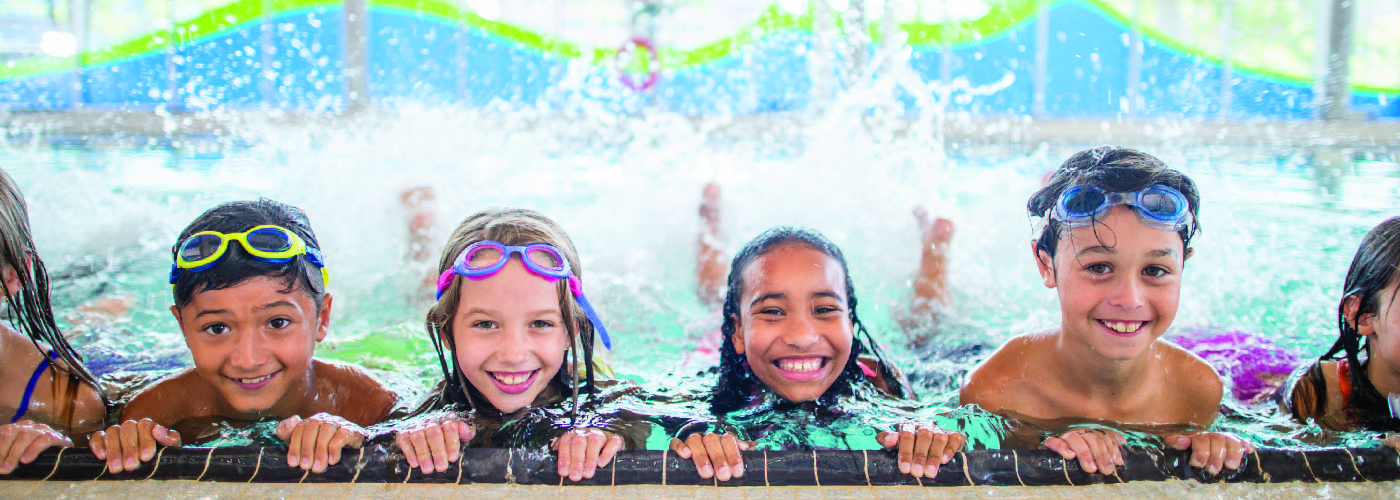Pools Spas and Splashpads
Public pool, spa and splashpad inspections
Southwestern Public Health (SWPH) routinely inspects public pools, spas and splashpads to test the water quality and ensure proper safety precautions are in place.
Public health inspections are mandated by the Health Protection and Promotion Act and are carried out to ensure compliance with the Ontario Public Pools Regulation (R.R.O. 1990, Reg. 565).
Water-related illnesses can be passed through contaminated recreational water and poor safety precautions can cause serious injury. It is important that public health inspectors work closely with operators of public pools, spas and splashpads to prevent waterborne infections and injury.
Opening and re-opening a public pool, spa or splashpad
All public pool, spa and splashpad operators in Oxford County, Elgin County and the City of St. Thomas must notify SWPH at least 14 days prior to opening, of their intention to open or re-open a public pool, spa or splashpad. If you plan to open or re-open a public pool, spa or splashpad that has been constructed, altered, or closed for more than four weeks, please notify SWPH in the following way:
- Complete an Online Application to Open/Re-Open a Public Pool, Spa or Splashpad
- Download the Application to Re-Open a Public Pool, Spa or Splashpad and submit to SWPH by fax, email or mail.
Public Pool and Spa Training
The Public Pools Regulation 565 requires every owner of a public pool or public spa to have a Designated Operator.
Every operator must be trained in public pool and public spa operation and maintenance, filtration systems, water chemistry and all relevant safety and emergency procedures. Below is a list of training options that are available in our area:
- Middlesex London Health Unit offers free public pool and spa training sessions for pool and spa operators throughout the year
- The Lowry School of Pool and Spa Chemistry offers Certified Pool Operator Courses
- The Lifesaving Society offers a Pool Operators Course
Dealing with pool chemistry and contamination
Occasionally, problems arise when the water chemistry is out of balance or if the pool or deck area becomes contaminated. Below are some resources to help you troubleshoot these events if they occur in your pool:
Fecal/vomit incident response recommendations
Waterborne infections
| What is a waterborne infection? |
|
Some types of water borne infections include:
|
| What are the symptoms of a waterborne infection? |
| Symptoms of recreational water illnesses can include gastrointestinal and respiratory infections, as well as infections of the skin, ears, eyes, and wounds. Children, pregnant women, and people with weakened immune systems are most at risk of getting sick. |
| How can I reduce the risk of getting a waterborne infection? |
|
Waterborne infections are spread by swallowing, breathing or having contact with disease-causing microorganisms like E. coli in swimming pools, spas, splashpads, lakes or rivers. To minimize the risk of getting a waterborne illness:
Learn more about healthy swimming in recreational water. |











